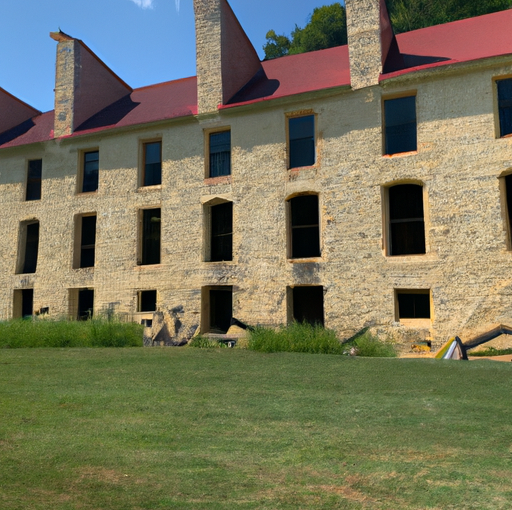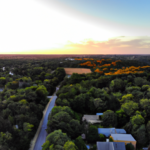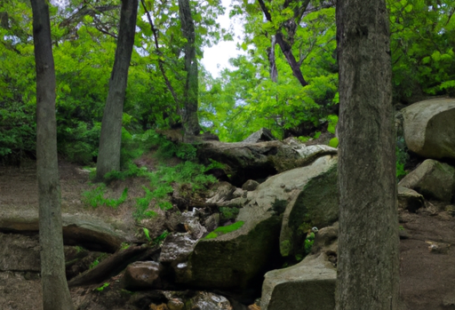Early Wisconsin Settlements
Wisconsin’s history dates back more than 12,000 years, when Paleo-Indian hunters occupied the land. As the region’s population grew, so did the settlements. The first Europeans to explore the area were French fur traders, who set up trading posts in the 1700s. Soon after, the region was part of the Northwest Territory, and eventually became a state in 1848.
Wisconsin is home to many historical sites, including the oldest church in the state, St. Josaphat Church in Milwaukee. Built in 1844, the building is an example of Romanesque Revival architecture and is still an active parish. Another early settlement is the Old World Wisconsin living history museum. This site consists of more than 60 buildings, including farms, homes, and businesses, all of which are representative of Wisconsin’s diverse cultural heritage.
Key Historical Events
Wisconsin has a rich history of important events, such as the first women’s rights convention in 1848. This convention, held in Seneca Falls, New York, was organized by Lucretia Mott and Elizabeth Cady Stanton. The convention drew more than 300 people and is credited with launching the women’s suffrage movement.
Wisconsin was also home to the first intercollegiate football game, held in Madison in 1895. The game featured two teams from the University of Wisconsin and the University of Minnesota, with the Badgers winning the game 12-6.
Iconic Landmarks
Wisconsin is home to many iconic landmarks, such as the House on the Rock in Spring Green. Built in 1945 by Alex Jordan Jr., the house is an architectural wonder and is filled with unique antiques and artifacts. Also in Spring Green is Taliesin, the former estate of renowned architect Frank Lloyd Wright. The estate is now a museum and is open for tours.
Another iconic landmark is the Milwaukee Art Museum. The museum, which was founded in 1888, is home to more than 30,000 works of art, including pieces by Monet, Picasso, and Warhol. The museum is also home to the iconic Santiago Calatrava-designed Quadracci Pavilion.
Cultural Significance
Wisconsin has a long and fascinating history that is deeply rooted in the state’s culture. From the iconic landmarks to the early settlements, Wisconsin is a state rich in history. Its historical sites provide insight into the state’s past, and serve as a reminder of the important role Wisconsin has played in the nation’s history.
Wisconsin’s historical sites also tell the stories of the people who have lived in the state, from the Native Americans who first inhabited the land to the diverse cultures that have settled here. These sites are a testament to the state’s vibrant culture and the importance of preserving its heritage.
Wisconsin’s history is an integral part of its culture, and its historical sites are a powerful reminder of the state’s past. Exploring these sites is an enriching experience that provides insight into the state’s history and celebrates the diverse cultures that have called Wisconsin home.





